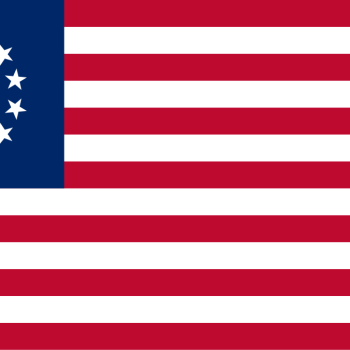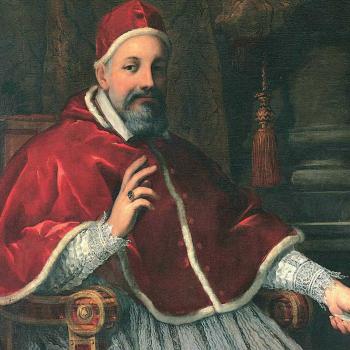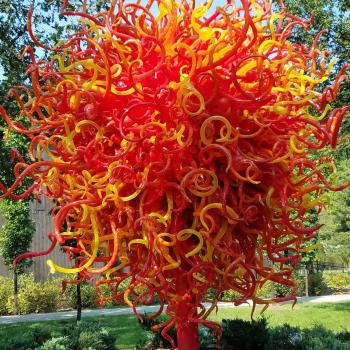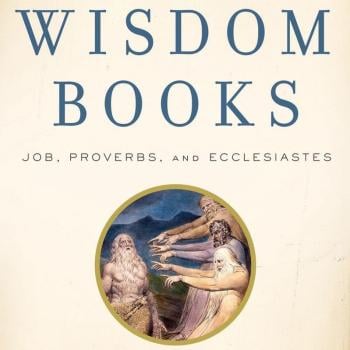Q. What do you hope the impact will be of this book? Was it mainly written to prevent wavering Protestants from moving in the direction of the Catholic church? I mention this especially in light of the statistics you do mention in a note that far more Catholics are heading in the Protestant direction than vice versa worldwide it would see,
A. I intended this book for both Protestants and Roman Catholics. In terms of Protestants they must come to learn that they are truly the Church without any sacramental or ministerial deficiency. To be sure, Rome’s overweening ecclesiology has done much damage to the broader church in diminishing Protestant theological traditions and thereby causing considerable doubt among some of its weaker members. Beyond this Rome has divided the Lord’s Table, the deathbed, and has condemned a whole class of Christians (many from Latin and South America) by maintaining that if they have left the Roman Catholic church, let’s say in order to become Pentecostal evangelicals, then they are excommunicated from the church of Jesus Christ. This is the great falsehood required by Roman Catholic ecclesiology. That this judgment is richly accurate can be seen when the following question is considered: if Pentecostals who were initially baptized as Roman Catholics are fully recognized as the brothers and sisters in Christ that they truly are, then Rome would emerge simply as one Christian theological tradition among others—and that’s precisely what it rejects, what it simply above all else will not tolerate.
In terms of Roman Catholics they must come to learn that they are not the center of the church, since their tradition emerged very clearly in 589 when it distinguished itself from Greek Orthodoxy by breaking the ancient ecumenical consensus through interpolating the Nicene-Constantinoplan creed and then yet again in 1054 when it participated in actual schism in which no particular theological tradition, neither Roman Catholicism nor Eastern Orthodoxy, can ever again claim be the center. Given these historical realities, it is best then for Roman Catholics to be more humble when they sit at the table with Eastern Orthodox and Protestants, more appreciative of the gifts and graces in these Christian traditions. Indeed, knowing that Roman Catholicism is not the Church (with capital letters) to the diminishment of so many other Christians, in other words, recognizing that Rome is simply one Christian theological tradition among many, though an important one, all of this will go a long way in inculcating the proper Christian graces of humility, lowliness, appreciation for others, and even genuine endearing love when Roman Catholics have the good fortune to be in the presence of Christians beyond their own particular tradition. Such a change of heart, attitude and life celebrates the gracious unity that all Christians have in a transcendent Christ who is ever over all: one Lord, one faith and one baptism.
Jerry: I would only add that I saw a need for some serious Protestant “pushback” to aggressive Roman claims of late.
Q. Have either of you had occasion to dialogue with Catholic scholars in your fields about these subjects in recent years? I ask because of course there is often a difference between de jure what the official teaching is of a church, and de facto where most of the scholars, clergy and laity are in their beliefs. My own experience has suggested that various Catholic scholars, priests, and laity probably agree mostly with various of your arguments, whether they would say so or not in a public debate. I cannot say whether they are representative of the general leanings of the church or not.
A. Yes, Dr. Witherington is surely correct in pointing out the difference between de jure and de facto, between the official teaching of the Roman Catholic Church and what particular Roman Catholic scholars are actually offering in the classroom. We have focused on the former, that is, the official teaching of the Roman Catholic church, since the latter, as Jerry Walls has so ably argued in his chapter “The Deeply Divided Church of Rome: The World’s Largest Pluralist Christian Denomination?” often resembles not the teaching of the Vatican but that of liberal, pluralistic Protestantism, a Protestantism that we reject. And Yes there will also be some Roman Catholic theologians and historians who will, by and large, agree with many of our major points, but given their ecclesiastical and ongoing working environment, they are likely to keep such agreement to themselves.
Jerry: Well, I often say, show me a zealous Roman Catholic, and I will show you a former evangelical or fundamentalist. Perhaps many “cradle Catholics” hardly differ from Protestants, but the converts are another matter. The people in my field that have converted often seem zealous to defend the official Roman line on all matters.















